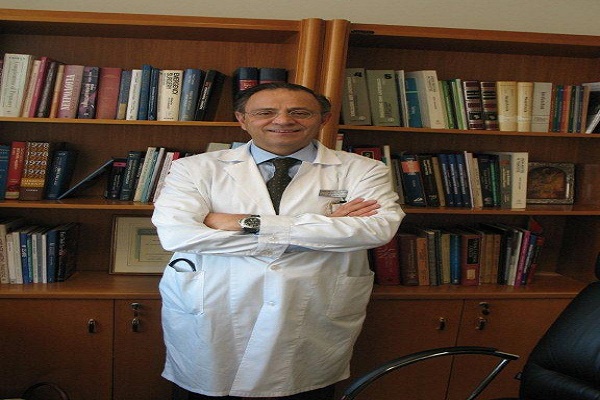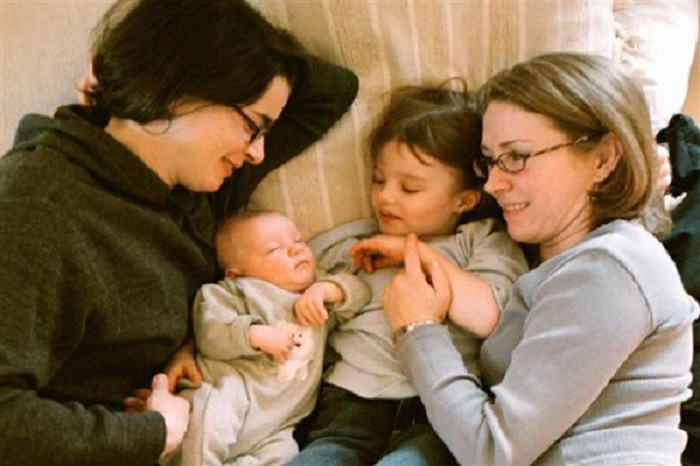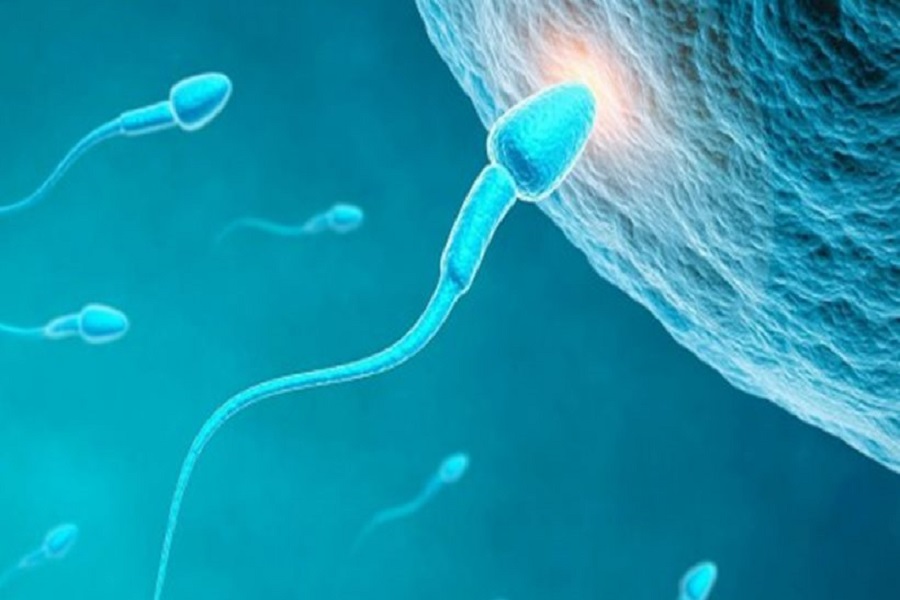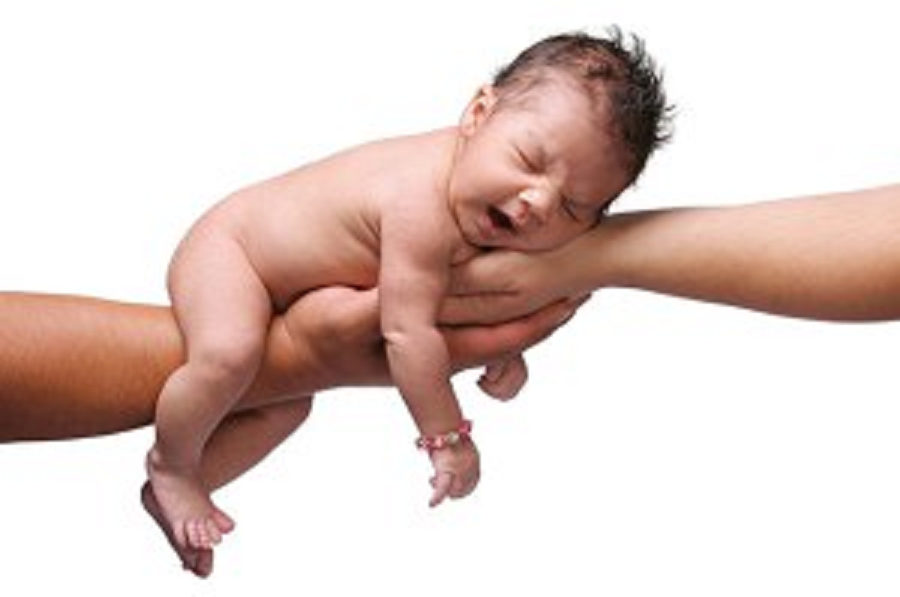News
New clues to causes of birth defects in children from older mothers
Published on: 24/02/2015
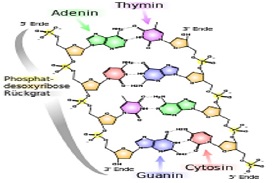 Researchers at Albert Einstein College of Medicine of Yeshiva University have found a possible clue to why older mothers face a higher risk for having babies born with conditions such as Down syndrome that are characterized by abnormal chromosome numbers.
Researchers at Albert Einstein College of Medicine of Yeshiva University have found a possible clue to why older mothers face a higher risk for having babies born with conditions such as Down syndrome that are characterized by abnormal chromosome numbers.Using data from more than 4,000 families obtained in collaboration with the direct-to-consumer genetic testing company 23andMe, Inc., the study showed that the normal process by which parental chromosomes are shuffled before being passed to children appears to be less regulated in older mothers. The study was published online today in Nature Communications.
The research focuses on meiosis, the specialized type of cell division in which cells containing the 46 chromosomes (23 pairs) normally found in human cells separate to form sperm or egg cells that contain 23 chromosomes, one from each of the 23 chromosomal pairs. Before they separate, the pairs of chromosomes exchange genetic material with each other -- a chromosomal shuffling process known as recombination. Recombination is vital to a species' genetic diversity, ensuring that sperm or eggs will have novel combinations of genetic traits. However, failures of recombination can introduce errors such as aneuploidy (abnormal chromosome numbers in eggs or sperm) or large chromosomal rearrangements. The findings from this study show for the first time that the spacing between recombination events occurring on the same chromosomes becomes less constrained as women age.
"It's been known for many years that the rate of recombination varies across the genome, but less is known about how the rate of recombination changes with parental age," said study leader Adam Auton, Ph.D., assistant professor of genetics and of epidemiology & population health at Einstein.
The Einstein study involved genetic data gathered from more than 4,200 families (each with at least two children), homing in on recombinations that had passed from parent to offspring. All told, the researchers examined more than 645,000 recombination events.
The researchers confirmed that the number of recombination events transmitted from mother to child increases with maternal age. In addition, they also discovered that, for older mothers, more recombination events occur in close proximity to each other. By contrast, no such age-related effects were observed in fathers.
"We know there are cellular processes that tightly regulate the process of recombination," said Dr. Auton. "So the greater rate of recombination we observed in the chromosomes of older mothers could imply that this tight regulation becomes weaker with age. Basically, recombination appears to be a more dynamic process than we previously appreciated."
The researchers note that their findings have no clinical application as yet. "Our study adds to the understanding of the basic biology of meiosis and how recombination shapes the evolution of the human species," said Dr. Auton. "In the long run, it may help us understand how aneuploidy or certain types of genetic mutation can occur through failures of recombination."
Source: Albert Einstein College of Medicine of Yeshiva Uni
- Published on: 28/06/2016
- Gov. John Bel Edwards has reversed course from his predecessor and agreed to create regulations governing surrogacy births in Louisiana. Read more
- Published on: 18/05/2016
- Experts point out that serious questions are raised regarding the birth of a child by an elderly woman Read more
- Published on: 18/05/2016
- A controversial geneticist, Severino Antinori, who became known for helping women over 60 years old to become pregnant, was arrested for stealing eggs from a patient. Read more

